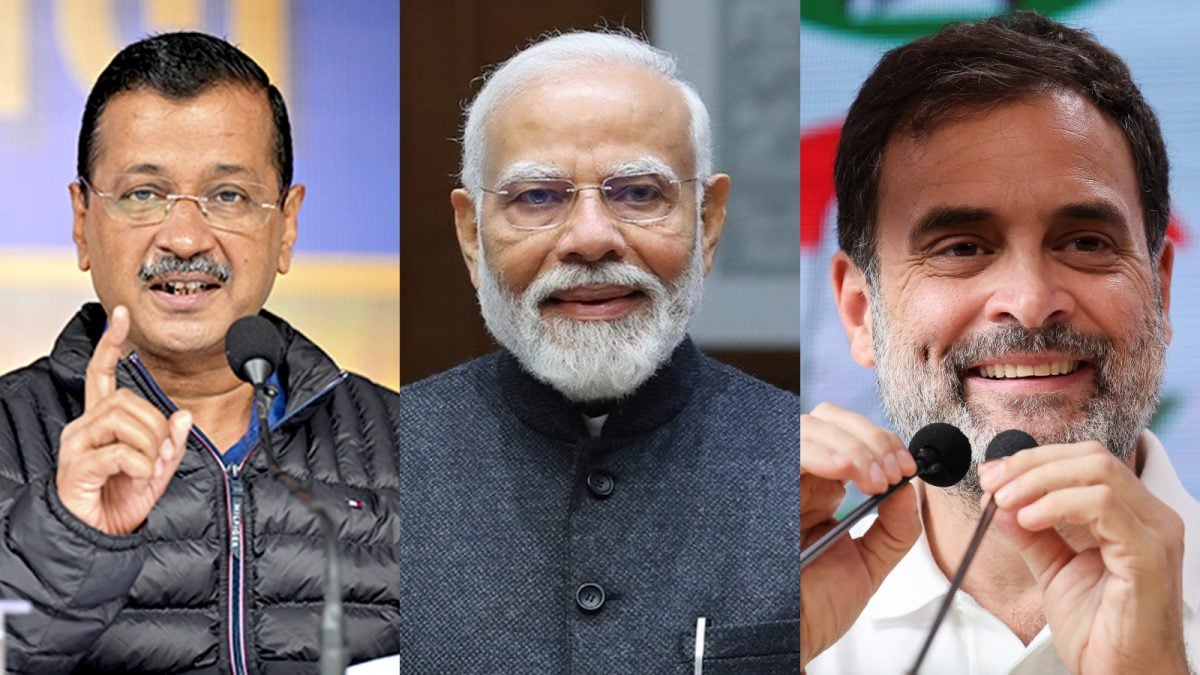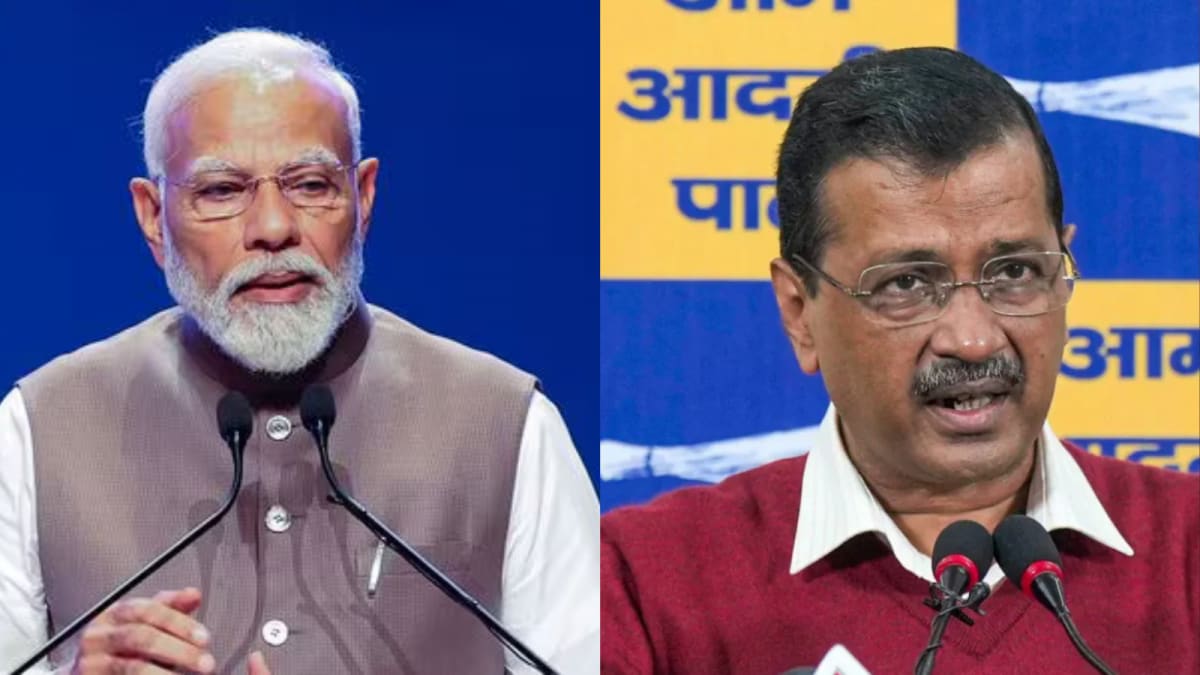Last Updated:February 05, 2025, 18:06 IST
One reason for high voting could also be that the voting day was on a Wednesday, a mid-week working day, so that people could not club it with a weekend and leave for a trip

First-time voters show their inked fingers during the Delhi assembly elections, at Chhattarpur in New Delhi on February 5. (Image: PTI/Atul Yadav)
Delhi came out to vote in large numbers on Wednesday after an initial few hours of slow polling. If voting trends are to be believed, the national capital may break its all-time record, as 57.7 per cent voting has already been recorded by 5 pm. It is almost certain that the 2020 voting percentage of 62.5 per cent will be broken, with long queues reported at polling booths.
Both the BJP and AAP camps are citing this as an advantage, with the former saying this shows high anti-incumbency against the current government. Party leaders said the middle classes – upset with Arvind Kejriwal’s party over a host of issues like poor civic infrastructure, sanitation and air – came out to vote in large numbers for them.
FOLLOW DELHI ELECTION 2025 LIVE UPDATES HERE
The AAP, however, said the high polling was owing to women who voted in large numbers given the party’s promised scheme of Rs 2,100 per month for them if it returns to power. Party leaders said assembly seats with jhuggi clusters have reported high voting as well, citing how the residents there have voted for them in the last decade.
One reason for high voting could be that the voting day was on a Wednesday, a mid-week working day, so that people could not club it with a weekend and leave for a trip. This has been a deliberate measure by the Election Commission of India (ECI) to counter urban voter apathy; this strategy was also applied in Maharashtra, and the western state had reported its highest-ever polling percentage as well.
Before this, the highest voting percentage recorded in Delhi was almost 67 per cent in the 2015 assembly elections when the AAP romped home with a record 67 seats in the 70-member assembly. In the 2020 elections, the city recorded 62.5 per cent voting, while it recorded 65.6 per cent in 2013. Voting percentages were much lower at 57.5 per cent in 2008, 53.42 per cent in 2003 and just 49 per cent in 1998, as per EC records.
Records further show that Delhi recorded a voting percentage of 61.75 per cent in 1993, 55.29 per cent in 1983, 55.85 per cent in 1977 and 58.52 per cent in 1951.
Location : First Published:February 05, 2025, 18:06 IST
News elections Delhi May Record Its Highest-Ever Polling, Both BJP & AAP Claim Advantage

 2 hours ago
2 hours ago






